T4K3.news
DC police control under scrutiny
Democrats challenge Trump’s federalization move and push for DC home rule under a new joint resolution.
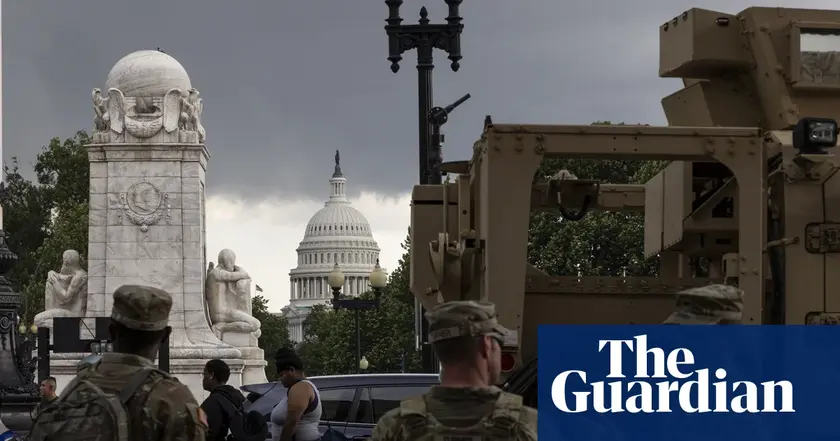
Legislation argues no emergency justifies federal control of DC police, challenging Trump's executive order.
Democrats Seek to Undo Trump Federalization of DC Police
Democratic lawmakers introduced a joint resolution under the District of Columbia Home Rule Act to end President Donald Trump’s move to federalize the DC Metropolitan Police Department. The sponsors are Rep. Jamie Raskin, DC’s non-voting delegate Eleanor Holmes Norton, and Rep. Robert Garcia, with Sen. Chris Van Hollen set to sponsor the measure in the Senate.
The resolution argues that Trump has not demonstrated any special emergency conditions that would warrant the federalization of the MPD and that Congress, not the president, should determine such power. It notes that Trump signed an executive order granting himself direct control of the MPD, but lawmakers say the activation of emergency powers requires conditions not present in Washington. White House officials and DC attorneys later agreed to scale back the order, leaving MPD under the DC police chief’s control rather than a federal administrator.
Backers say the move would hamper local governance and risk budget and safety programs. They point to DC’s budget and funding for police, fire, and other services, and to concerns about delays in prosecutions after changes to DC staff. Critics contend the administration’s emphasis on crime rates is misleading and that the action undermines DC home rule and local accountability.
Key Takeaways
"The only emergency here is a lawless president in a growing public relations mess"
Raskin on the presidential action
"No emergency exists in DC that the president did not create himself"
Norton on emergency and autonomy
"DC residents are Americans, worthy of the same autonomy granted to the states"
Norton on home rule equality
The clash over DC home rule is a test of federal humility in a city that runs largely on local consent. The resolution frames autonomy as a core principle of American democracy, not a bargaining chip in a political dispute. If Congress reasserts control, it could set a precedent that federal power can supersede city governance in other districts. The episode also highlights how budget choices and prosecutorial staffing become political leverage when city services are claimed to be at risk by a federal intervene. The battle is less about crime numbers than about who writes the rules for local safety and how much residents are asked to trust a federal mandate over local governance.
Highlights
- The only emergency here is a lawless president in a growing PR mess.
- DC residents deserve the same autonomy as states.
- No emergency exists in DC that the president did not create.
Political risk and budget implications for DC home rule
The dispute raises sensitive political questions about federal intervention in local policing, budget control, and public reaction in a capital city. The outcome could provoke backlash and influence funding for local safety programs.
The fight over DC autonomy will shape how much local control remains in the balance.
Enjoyed this? Let your friends know!
Related News

DC crime data under federal watch
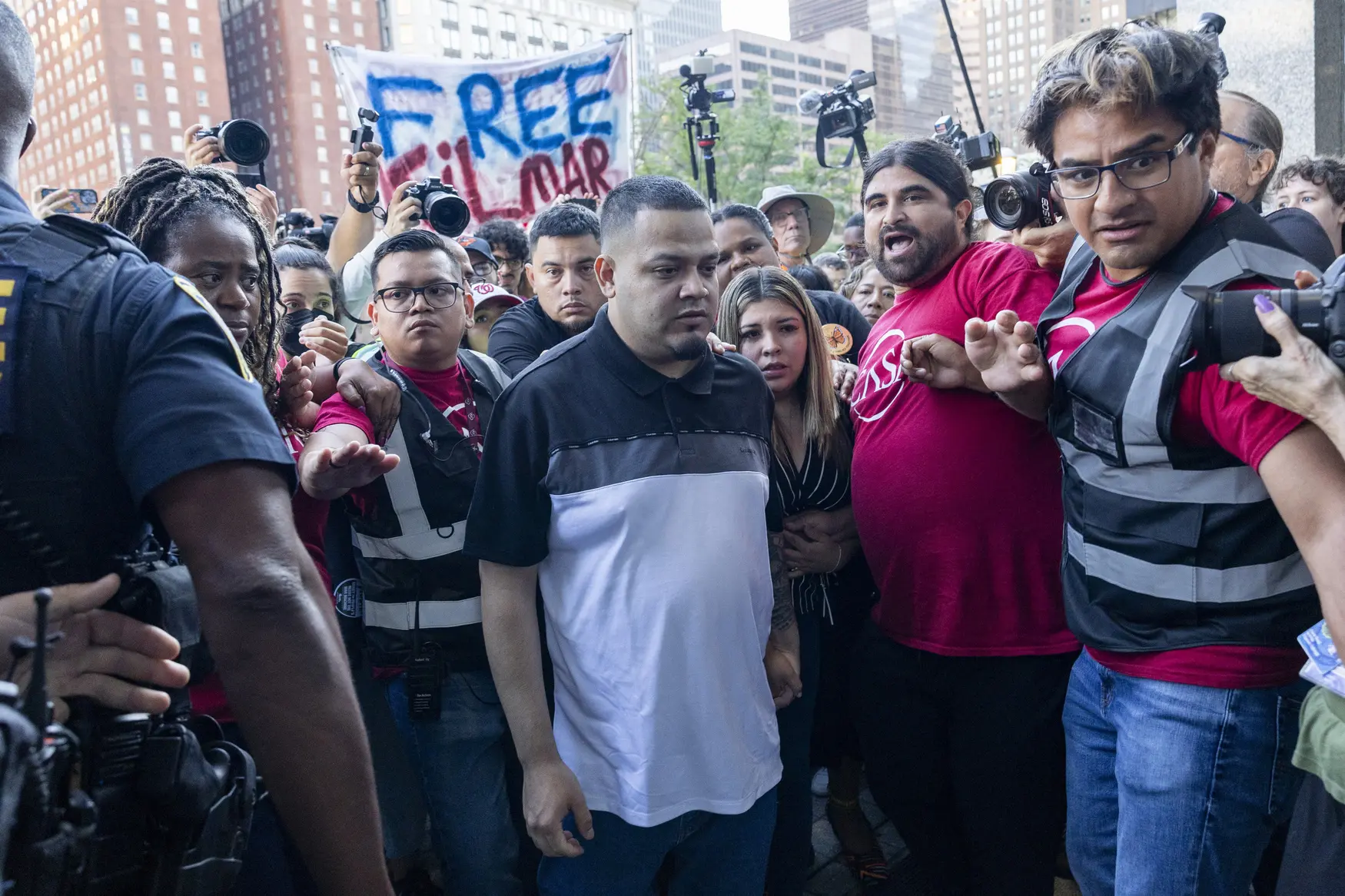
Judge blocks Kilmar Abrego Garcia deportation

CDC leadership shakeup
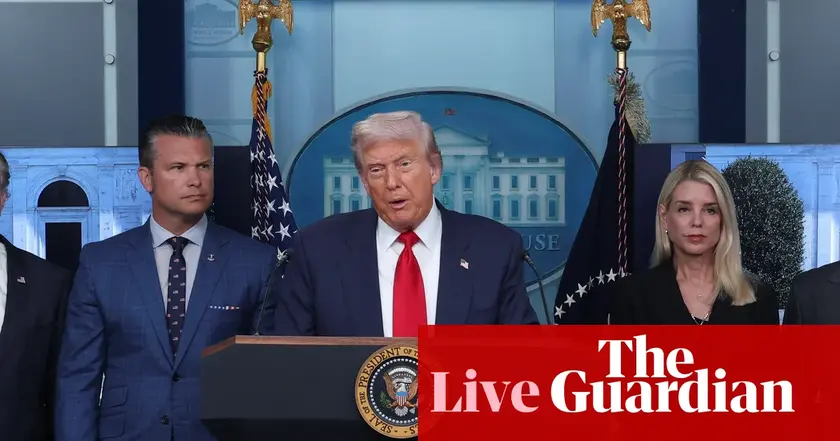
Federal policing move in DC

Chicago next in federal crime crackdown
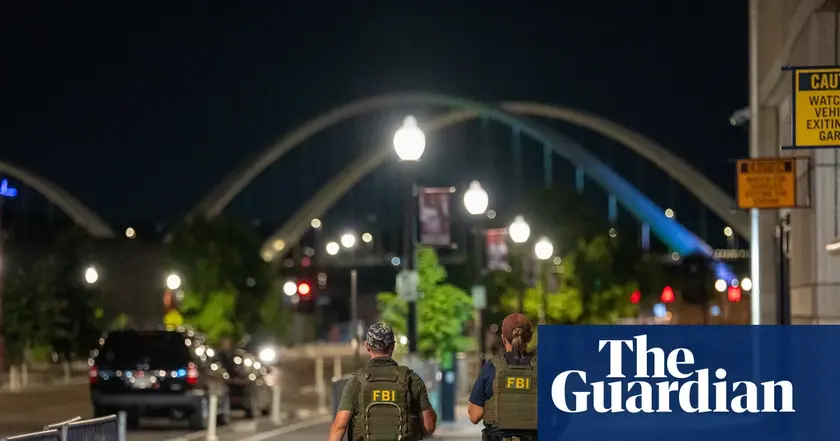
Trump proposes long-term DC police control
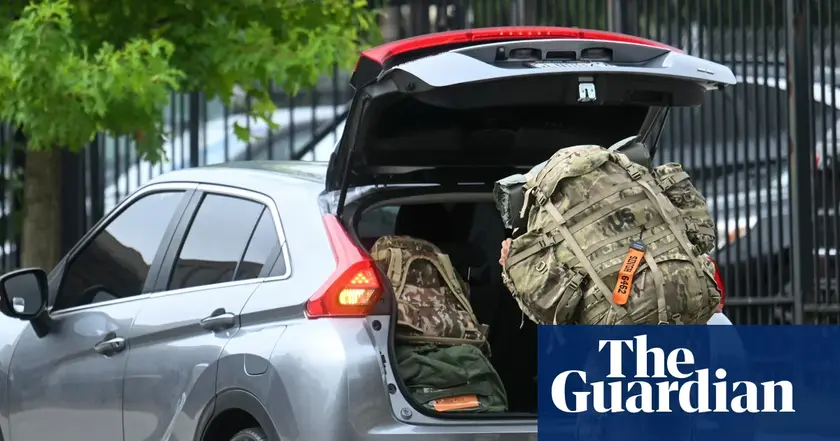
National Guard in DC raises sharp questions
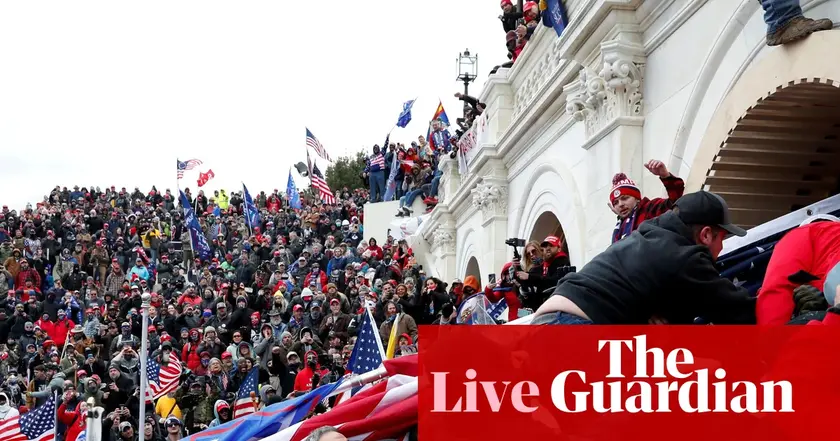
Capitol presence links Trump pick to January 6
